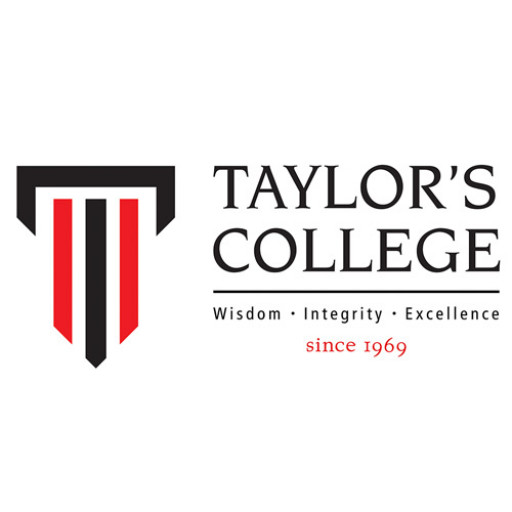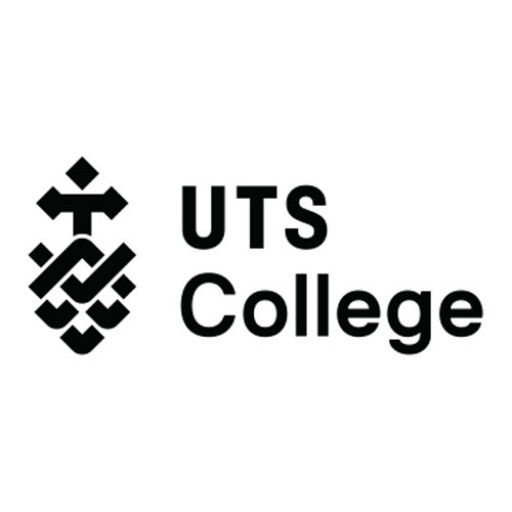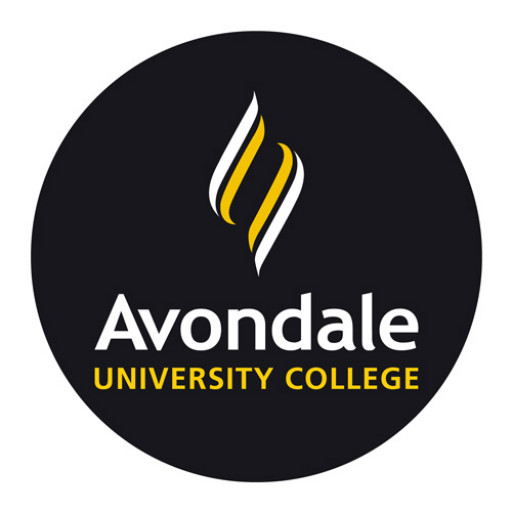Photos of university / #sydney_uni
The Bachelor of Science (BSc) program at the University of Sydney is a comprehensive and flexible undergraduate degree designed to provide students with a solid foundation in scientific principles across a wide range of disciplines. The program is tailored to cultivate critical thinking, problem-solving abilities, and a strong understanding of scientific methodologies, preparing graduates for diverse careers in research, industry, academia, and beyond. Students can choose from a variety of majors including Biological Sciences, Chemistry, Earth Sciences, Environmental Sciences, Physics, Mathematics, and Computer Science, among others. The curriculum combines theoretical coursework with practical laboratory investigations, fieldwork opportunities, and innovative research projects to ensure students gain hands-on experience.
Throughout their studies, students are encouraged to develop analytical skills and an appreciation for interdisciplinary approaches to solving complex scientific issues. The program emphasizes the importance of effective communication, data analysis, and ethical considerations in scientific practice. With access to state-of-the-art laboratories, research facilities, and expert faculty members, students are empowered to engage in cutting-edge scientific research and inquiry. The Bachelor of Science also offers flexible study options, including honours pathways for those interested in research-intensive careers, as well as options for minors and electives that allow students to tailor their education to align with their interests and career aspirations.
The program aims to produce well-rounded scientists who are capable of applying scientific knowledge to real-world problems, contributing to technological advancement, environmental sustainability, and societal well-being. Graduates emerge from the Bachelor of Science program equipped not only with specialized discipline knowledge but also with transferable skills such as teamwork, communication, and critical thinking. The University of Sydney's strong links with industry, research institutes, and the wider scientific community ensure students receive relevant experience and networking opportunities. Whether students aspire to pursue postgraduate study, enter research fields, or embark on careers in science-related industries, the Bachelor of Science at the University of Sydney provides a rigorous and supportive environment to achieve those objectives.
The Bachelor of Science program at the University of Sydney is a comprehensive undergraduate degree designed to provide students with a broad foundation in scientific knowledge, skills, and research methodologies. This program offers a diverse range of majors, including biological sciences, chemistry, earth and environmental sciences, physics, and mathematics, allowing students to tailor their education to their interests and career aspirations. Throughout the course, students are encouraged to develop critical thinking, analytical reasoning, and problem-solving skills essential for success in scientific careers or further research. The curriculum combines theoretical instruction with practical laboratory and field work, ensuring that graduates gain hands-on experience and a deep understanding of scientific principles. Students will have the opportunity to engage in research projects, internships, and collaborations with industry partners, which enhance their professional skills and employability. The program emphasizes interdisciplinary learning, preparing students to address complex scientific issues affecting society and the environment. Additionally, students can benefit from access to state-of-the-art laboratories, modern research facilities, and supportive academic staff committed to excellence in teaching and research. Graduates of the Bachelor of Science program are well-equipped for diverse career paths including research, healthcare, environmental management, education, and industries such as biotechnology, pharmaceuticals, and information technology. They also have a strong foundation for postgraduate study, whether in scientific research, health sciences, or related fields. Overall, the program aims to foster a dynamic learning environment that cultivates curiosity, innovation, and scientific integrity—qualities essential for contributing to scientific advancement and addressing global challenges.
Mainstream Science at the University of Sydney requires students to complete core and elective courses that provide a comprehensive foundation in scientific principles and methodology. The program typically includes mandatory coursework in fundamental sciences such as biology, chemistry, physics, and mathematics, designed to develop critical thinking, analytical skills, and practical laboratory abilities. Students are also encouraged to undertake specialized elective units tailored to their area of interest within the sciences, such as environmental science, molecular biology, or physics.
Throughout the degree, students are expected to engage in research projects, either individually or collaboratively, to apply theoretical knowledge to real-world scientific problems. This practical experience is integral to the program, fostering skills in experimental design, data analysis, and scientific communication. The program emphasizes interdisciplinary learning, encouraging students to draw connections between different scientific disciplines and understand their relevance to societal issues.
Admission requirements typically include a high school diploma with successful completion of courses in mathematics and science subjects. Some programs may also require specific prerequisites or standardized test scores. To graduate, students must accrue a minimum number of credit points, which involve completing a prescribed sequence of courses and maintaining an acceptable grade point average. Additionally, students may have opportunities for internships or industry placements, which are highly valued for practical exposure and employability.
The duration of the program generally spans three years for full-time students, with options to study part-time or extend the program duration. Upon graduation, students receive a Bachelor of Science degree, qualifying them for diverse career paths in research, education, healthcare, environmental management, and industry. Further postgraduate study options, including honours, master's, or doctoral degrees, are also available for students wishing to deepen their expertise in specific scientific domains. Overall, the program aims to produce well-rounded scientific professionals equipped with both theoretical knowledge and practical skills to contribute meaningfully to society and scientific advancement.
The University of Sydney offers a comprehensive range of financing options for students enrolled in its Science programs. Undergraduate students can access government subsidies such as the Commonwealth Supported Places (CSP), which significantly reduce tuition fees for eligible domestic students through the Australian Government’s higher education funding programs. International students, on the other hand, are responsible for paying full tuition fees, which vary depending on the specific Science major and study load. To assist with these costs, students can apply for scholarships offered by the university, including faculty-specific scholarships, academic excellence awards, and country-specific bursaries. These scholarships often cover tuition fees partially or fully and may include allowances for accommodation or living expenses.
Students at the University of Sydney also have access to various student loans and financial assistance programs. The Australian Government’s HELP (Higher Education Loan Program) allows eligible domestic students to defer a portion of their tuition fees, repayable through the tax system once their income exceeds a certain threshold. The university’s financial services department provides guidance on application procedures and eligibility criteria. For international students, temporary financial hardship support and emergency grants are available in exceptional cases, subject to university policies.
Additionally, many students finance their studies through part-time work, either off-campus or on-campus roles, which are frequently advertised via the university’s career services. The university’s location in Sydney offers students numerous opportunities for internships and part-time employment within the city’s vibrant economy, helping to offset living expenses. Students are encouraged to plan their finances carefully, considering tuition, accommodation, textbooks, supplies, health insurance (for international students), and personal living costs.
The university also provides financial planning workshops and advising sessions aimed at helping students manage their budgets and explore all available funding options. International students may also consider external scholarships and sponsorships from their home countries or multinational organizations. Overall, the University of Sydney strives to provide accessible and diverse financing opportunities to support students throughout their scientific academic journey, ensuring that financial constraints do not hinder educational attainment.
The Bachelor of Science at the University of Sydney is a comprehensive undergraduate program designed to provide students with a broad foundation in scientific knowledge and skills. This degree offers a versatile curriculum that spans various disciplines within the sciences, including biology, chemistry, physics, earth and environmental sciences, and more. Students have the flexibility to tailor their studies to their interests through elective subjects and minors, allowing for specialization in a particular scientific area or interdisciplinary approaches. The program emphasizes practical skills, critical thinking, and research capabilities, preparing graduates for diverse career paths in industry, research, environmental consultancy, healthcare, and education. The Bachelor of Science also offers opportunities for students to engage in scientific research projects and internships, collaborating with leading academics and industry partners. This exposure enhances their understanding of real-world scientific challenges and develops their problem-solving abilities. The university aims to foster innovative thinking, scientific literacy, and ethical awareness among its students, equipping them with the necessary tools to contribute meaningfully to society. The program typically takes three years of full-time study to complete, with options for honours or combined degrees that can extend the duration. As a globally recognized institution, the University of Sydney provides access to state-of-the-art laboratories, workshops, and fieldwork opportunities that enhance experiential learning. The diverse student body and supportive academic environment cultivate a vibrant community of aspiring scientists, encouraging collaboration and intellectual growth. Graduates of the Bachelor of Science are well-positioned to pursue postgraduate studies, including Honours, Masters, and PhDs, or to enter the workforce in various scientific sectors. The program aligns with the university’s commitment to excellence in teaching and research, ensuring that students are equipped with contemporary scientific knowledge and skills relevant to current societal and environmental challenges.







